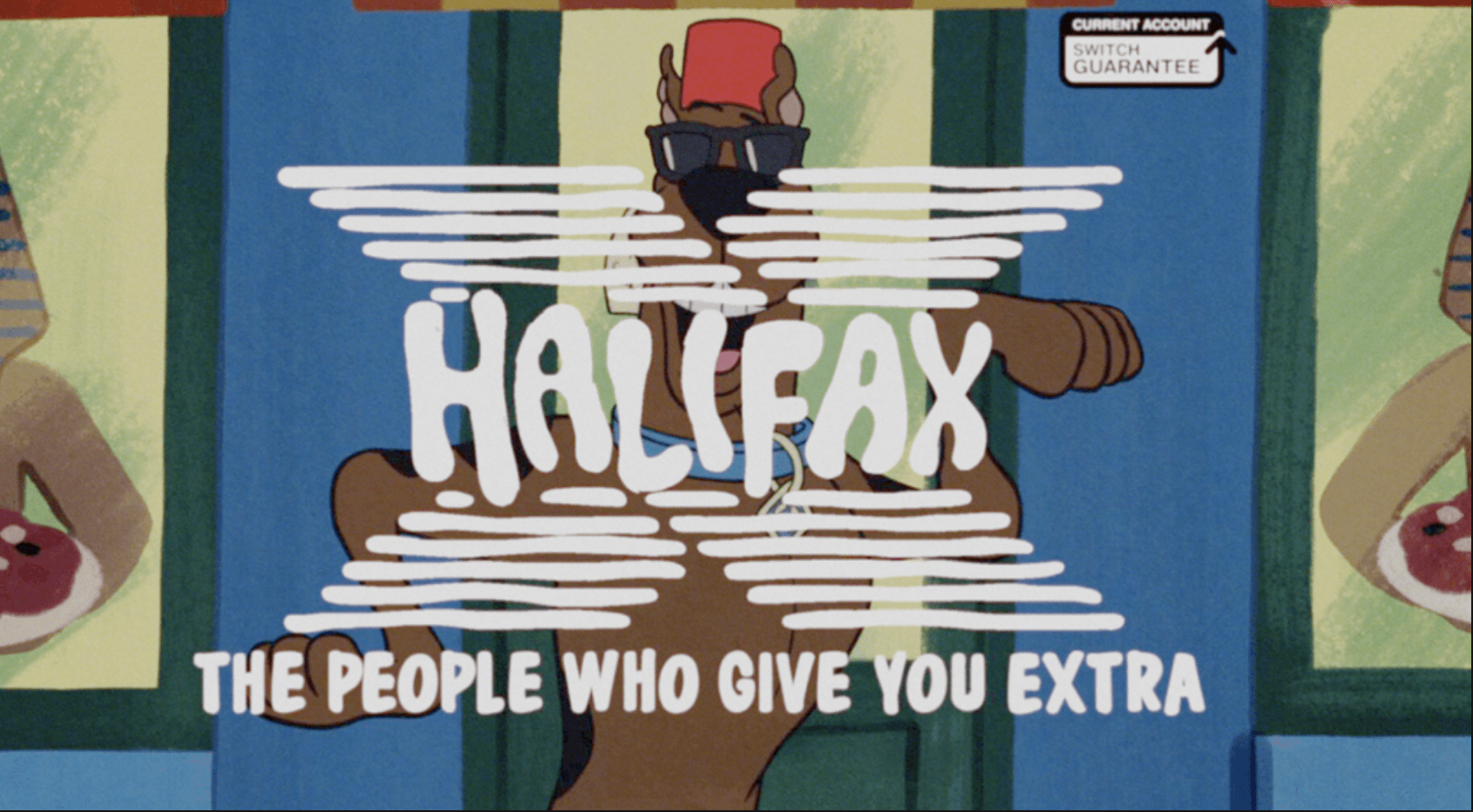‘I saw Scooby Doo in the Halifax advertisement and I’m in pain’
The original two-dimensional cast of Scooby Doo running down a street pursued by the Mummy and Scooby and Shaggy jump into Halifax. They discuss banking rewards with a friendly man. They eat and are chased again. The familiar theme song comes up with the word Halifax in spooky letters. Another part of my unethically consumerist soul dies.
Scooby Doo characters are being used to sell Halifax. Please let the mental images sink in because perhaps, just perhaps, you feel as drained as I do. I’m in pain. A childhood character I cherish 62% of the time (depending on which incarnation of the character to whom you’re referring) is being used to sell banking rewards. I’m numb because of how completely normal this is.
Another part of my unethically consumerist soul dies
It doesn’t take much time watching advertisements to discover the cruel, inescapable reality of the advertising world. No character, no matter how important they are to your childhood, no matter the life choices they have inspired you to make – or indeed how many times they say the words ‘Zoinks’ – is sacred. If they summon feelings of familiarity, nostalgia or love they are valuable assets for advertising companies to push anything they want at you. If you see these characters, you pay attention to the brand. Perfect. It’s the logic of using pop songs; familiarity trumps relevance every single time.
For anyone wondering when this all started, let us go back to World War II. Because in war, you need to sell things: war bonds, scrap metal, ideology. Advertisers had to work out how to sell in a way which wasn’t simply telling people to buy. Because telling people what to do and have people blindly obey was how the enemy worked. And so, they came up with a strategy: have Bugs Bunny, Donald Duck and a whole range of other colourful animated characters demonstrate what to do, believe and most importantly buy in quirky shorts. And it worked. We loved those characters. And we will continue loving them. Because advertisers know (as they’ve always known) that your childhood icons are icons because we like attaching ourselves to them. Whether it is propaganda in the 1940s or Nike in the 1990s (thanks to Bugs in particular for being sold out to everyone) the characters we love will always work as hooks for the advertising world. We want to believe in the characters we love and that they don’t mean us harm, that we’re in on the joke and that we can just enjoy the commercials and it will have no adverse effects. We need to believe that they’re somehow real people, therefore they would never stoop to selling us things we don’t need. Surely, they don’t want us to be mindless consumers?
Familiarity trumps relevance every single time
If they have you believing that, then they have been used well. The most effective commercials are the ones which don’t make you realise they’ve convinced you to buy things because then there is no feeling of being manipulated. Characters have always been used as advertising icons and will continue to be so. At heart, none of us like being told what to do, unless we’re told so in a way which makes it seem like it was our idea in the first place or by a friend, who we have watched for years and grown to love, who knows best.

Comments